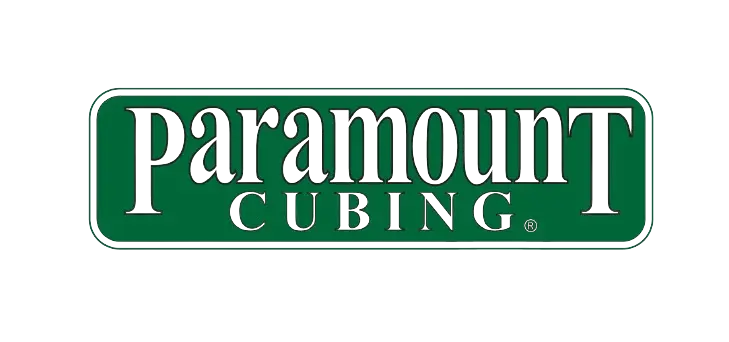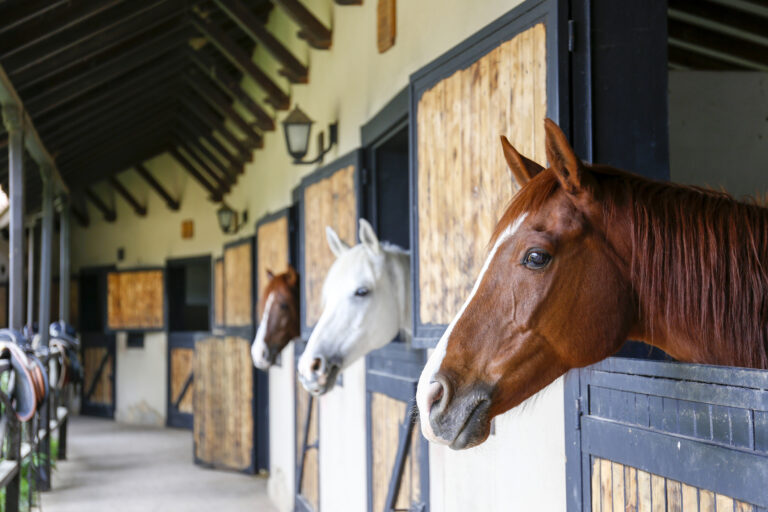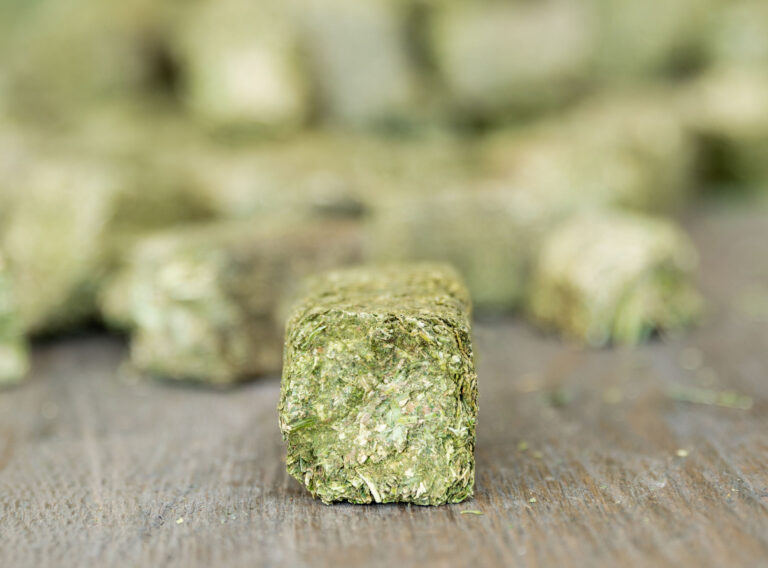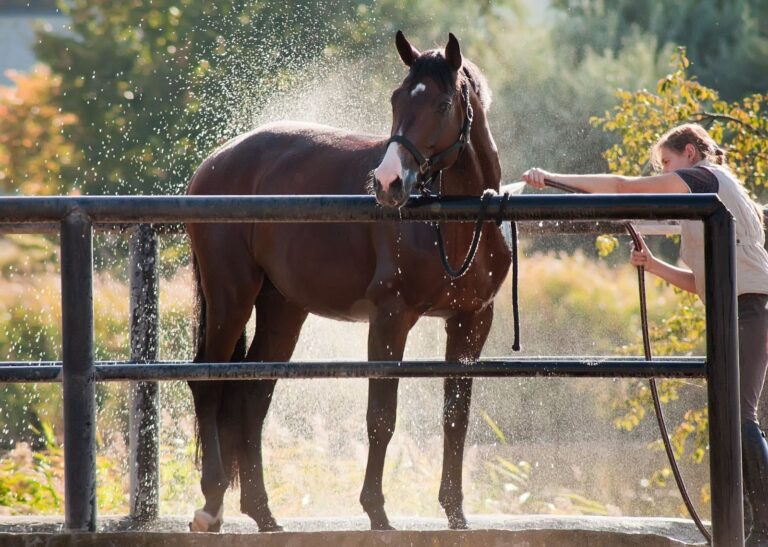Understanding the nutritional needs of horses is crucial for maintaining their health, performance, and well-being. This comprehensive guide explores essential nutrients, feeding practices, and common misconceptions about horse nutrition, providing equestrians with the knowledge they need to make informed decisions about their horse’s diet.
Essential Nutrients for Horses
Horses require a balance of carbohydrates, proteins, fats, vitamins, and minerals to thrive:
- Carbohydrates – These are the main energy source for horses, primarily obtained through hay and grass.
- Proteins – Vital for muscle development and repair, proteins should be provided in adequate amounts, especially for young, growing horses.
- Fats – Offering a concentrated source of energy, fats are increasingly recognized for their role in equine diets.
- Vitamins and Minerals – Essential for body functions, horses need a range of vitamins and minerals, including Vitamin A for vision, Vitamin D for bone health, and electrolytes for nerve and muscle function.
Feeding Practices
The right feeding practices are as important as the diet itself:
- Forage First: Forage, such as hay or grass, should form the basis of a horse’s diet, mimicking their natural grazing habits.
- Consistency and Frequency: Feeding should mimic natural grazing patterns as much as possible, with multiple small meals throughout the day.
- Supplements: While many horses thrive on forage alone, some may require supplements to meet their nutritional needs, especially if they have specific health concerns or are high-performance athletes.
Common Misconceptions
Misunderstandings about equine nutrition can lead to poor health outcomes:
- More Protein, More Power: Excess protein does not equate to more energy but can strain the kidneys.
- One-Size-Fits-All: Nutritional needs vary based on age, activity level, and health status, requiring tailored diet plans.
- Supplements Solve Everything: Supplements can help, but they are not a cure-all and should be used judiciously.
Choosing the Right Feed
Selecting the appropriate type of feed is pivotal. Options like Paramount Cubing’s alfalfa cubes, pellets, and bales offer various benefits:
- Alfalfa Cubes: Easy to store and digest, they are ideal for horses needing extra protein or those with dental issues.
- Pellets: Uniform in nutrition, pellets prevent selective eating and ensure consistent nutrient intake.
- Bales: Traditional and natural, bales are suitable for horses that benefit from longer chewing times, which is better for digestion and mental health.
Conclusion
Equine nutrition is a complex field that requires a deep understanding of your horse’s specific needs. By prioritizing high-quality forage, considering individual dietary requirements, and debunking common myths, you can ensure your horse remains healthy and happy. Remember, no two horses are the same, and what works for one may not work for another. Consulting with a veterinarian or an equine nutritionist can help tailor a diet plan that best suits your horse’s unique needs.
For more insights into horse care and the best products for your equestrian needs, visit Paramount Cubing’s comprehensive resource section at www.paramountcubing.com/blog.



